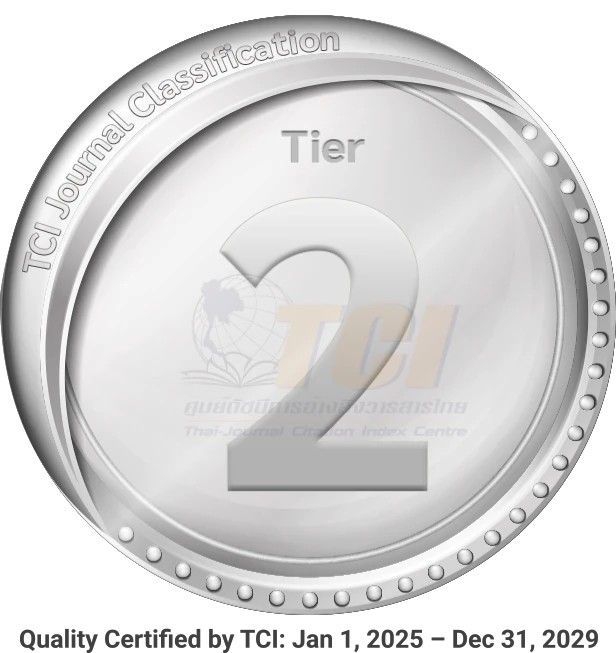The Impacts of University Activities and Teaching Methods on Leadership Capacity of Vietnamese Junior University Students: A Case Study
Abstract
Student leadership is accepted as one of the most important outcomes from higher education and it is highly regarded by universities and employers. This study explored the students’ perceptions of leadership capacity in Vietnamese universities, and the relationship of perceived factors of university activities and teaching methods to students’ leadership capacity were examined. A survey questionnaire measuring six factors of leadership capacity was distributed to 343 junior students to studying full-time at the four universities in Ho Chi Minh City, Vietnam. The results indicate that the most students were strongly measured with their leadership capacity. In addition, the results also indicate that not all factors of university activities and teaching methods enhanced students’ leadership efficacy. There are two items of university activities factor, namely self-governing and charitable activities; and only item interaction between teacher and student of teaching methods factor which generally yielded significantly position effect on leadership capacity of Vietnamese student. The study’s implications for university management were also discussed.



